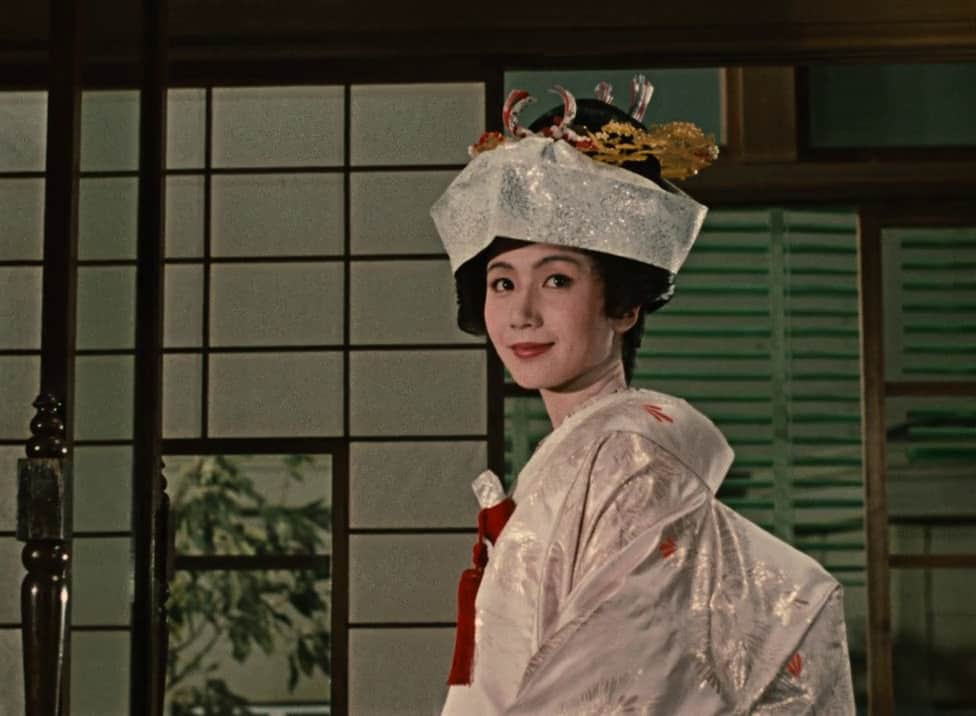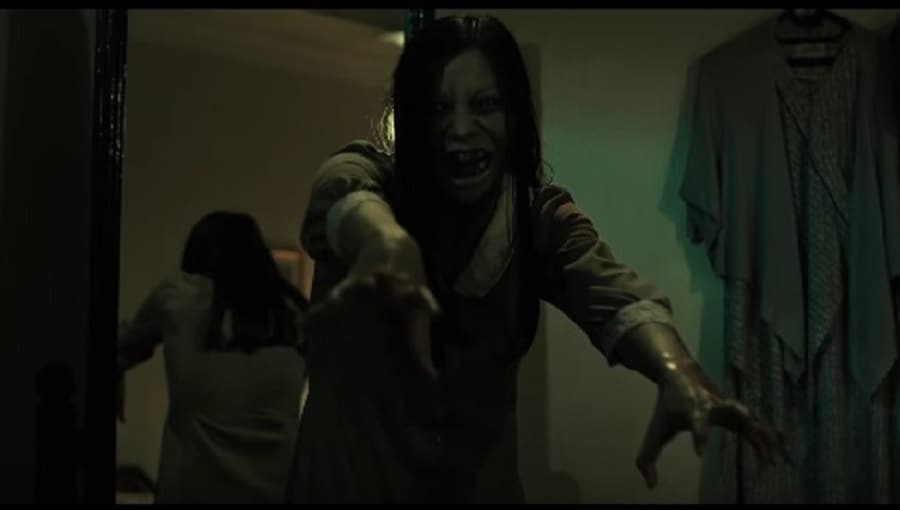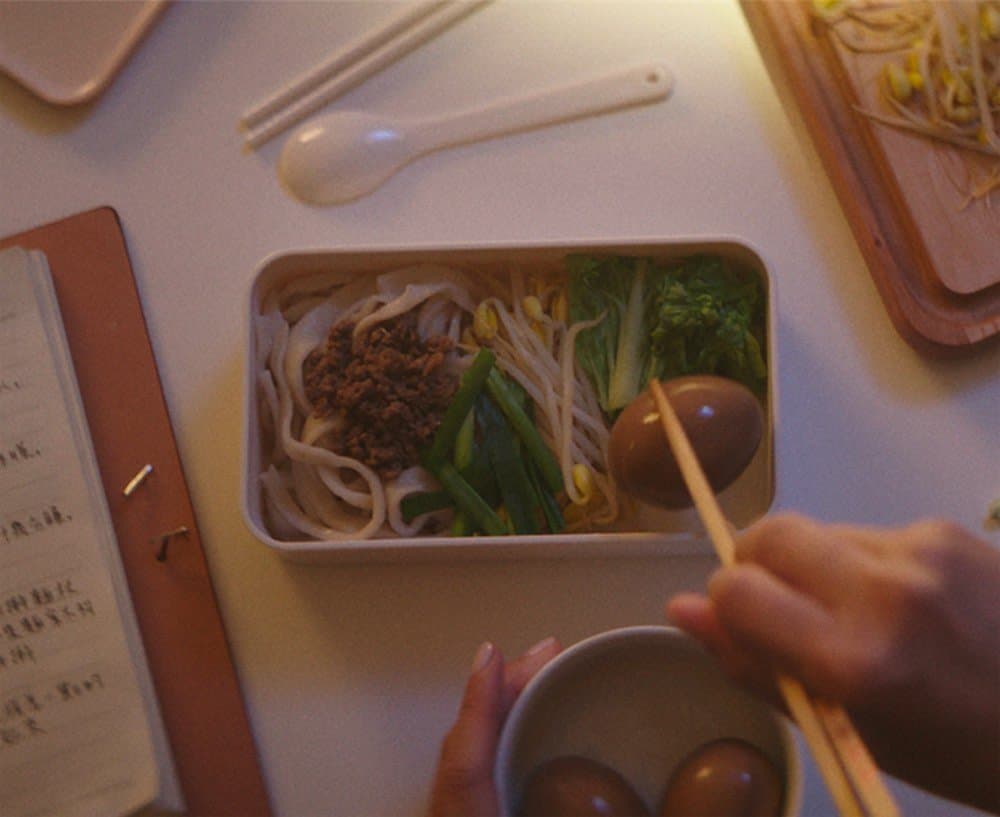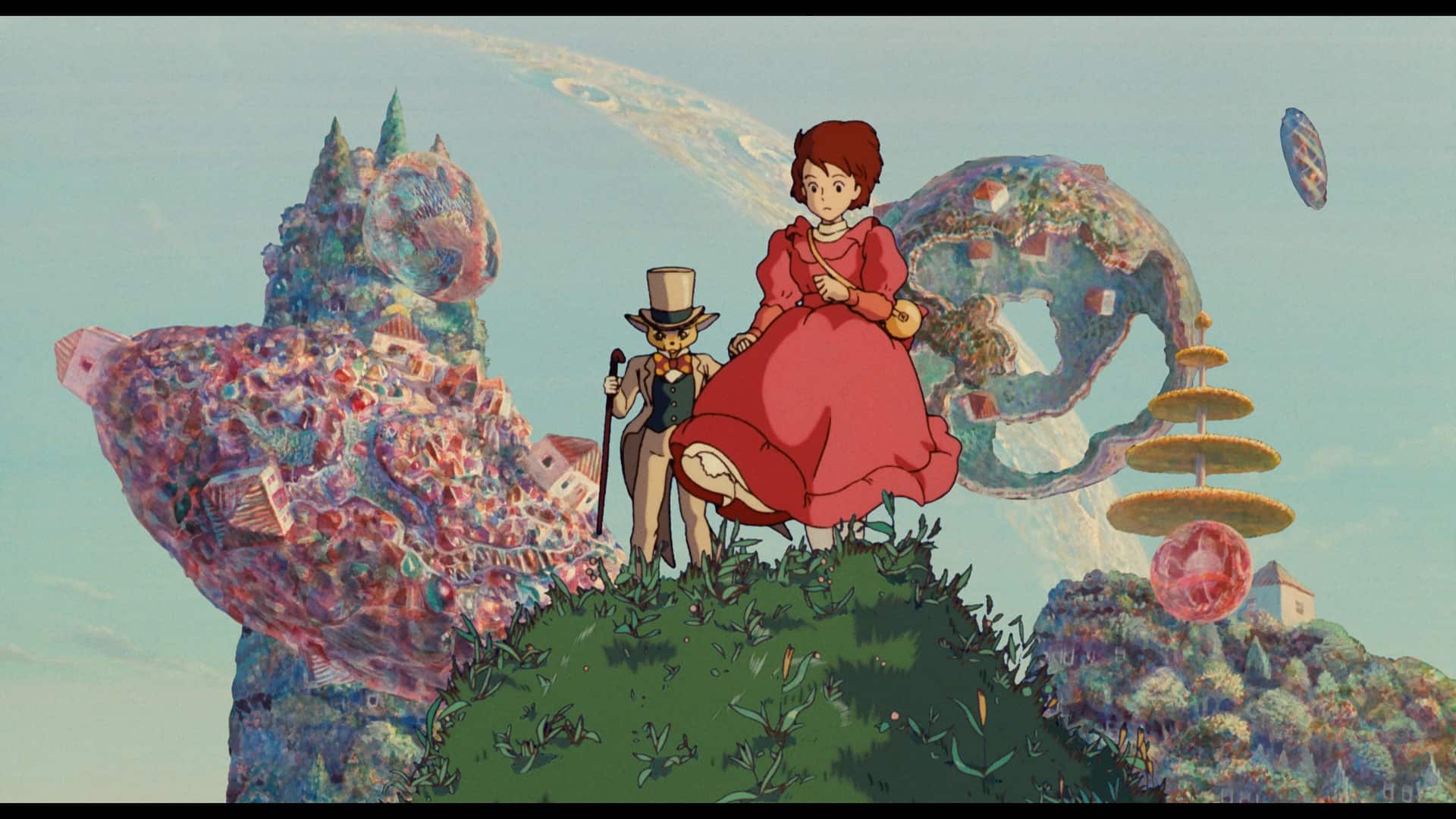Few filmmakers have captured raw family dynamics in motion as wonderfully as Yasujiro Ozu. Throughout his career, he solidified himself as a simplistic yet superb storyteller with an appealing aesthetic style while also capturing the societal climate of Japan at the time. In the later years of his career, with the jump from black-and-white to color, Ozu primarily did reimaginings of his previous features, some straight-up remade. The most obvious example is his gem “Floating Weeds,” a remake of his earlier work “A Story of Floating Weeds.” Yet even with the reinstating of familiar elements in his later projects, he still added unique aspects to them while having said films stand on their own merits. As a perfect example, familiarity and freshness are present in his beautiful swan song “An Autumn Afternoon.”
This would be Yasujiro Ozu's final film which would be released in late 1962. A year later, he passed away on December 12th, 1963. Fittingly, his last project would be with Shochiku, the studio he frequently worked with, and that distributed his pictures for most of the visionary's career. “An Autumn Afternoon” upon release was a critical and financial success. It is regarded as one of his best films and a masterpiece of Japanese cinema.
Society in Japan is continually modernizing, with a major emphasis on industrialization and business materialism. An aging widower named Shuhei Hirayama works as a salaryman and remains close to his adult children. His eldest son Koichi is married and living independently but remains in touch with his dad. Shuhei's daughter Michiko, who still lives with Shuhei, is headstrong and cares for him and her younger brother Kazuo. However, cultural traditions become prominent in their lives. With Michiko being 24 years old and unmarried, there is a lot of pressure from friends of the Hirayama family for her to gain her independence from the family household and be married off.
Thanks to the great directing by Yasujiro Ozu and a stellar screenplay written by him and Kogo Noda, everything clicks. The film exhibits a rather human look at love, compassion, and sacrifice, all while examining everyday life. The characters are compelling to follow as they reflect on their lives while society is modernizing from the post-war years faster than they can imagine. They also do not always get what they desire and ultimately still make decisions that, perhaps intended for the better, come with a sense of loss. The bond between Shuhei and his daughter Michiko is strong, yet he doesn't want to burden her and realizes it is time to let go. His fears of her future are even displayed to the audience with the lead's former teacher Sakuma, nicknamed the Gourd, whose reliance on his daughter has restricted her to a sad and lonely life.
The drama is emotional and brilliantly executed. The ending is sure to leave audiences with heartache. A lot of issues are covered within the film, especially regarding the country at the time. Different generations interact with one another, presenting the varying mindsets of the period while also showing the customs that remain intact within Japanese culture. There are mentions of World War II that are almost nostalgic, considering how much Japan had changed since then and even wondering what would have happened if they were victorious. Yet there is no nationalistic glorification, but instead, reflection. There is happiness that those hard times have ended and that the country is not to repeat past mistakes, even taking a jab at the militarists.
The story is grounded in realism, focusing on people going about their daily lives to even the conversations between them. Koichi's wife Akiko attempts to work out the dysfunctions within their marriage, such as her husband's constant financial struggles and reckless behavior. Machiko is presented as headstrong and independent, practically being the head of the household and being open to the idea of marriage but showing concern for the future of her aging father and naive younger brother. The idea of an arranged marriage is believed to be a gateway to happiness. Yet, it is still recognized that may not be the case, as personal connection and compatibility make things work. Shuhei wants her to be happy and also comes to terms with how much he will miss his daughter as her life is still beginning while his days may be potentially numbered. Ozu presents all of this with a meditative look at human behavior.
The cast of “An Autumn Afternoon” delivers stellar work here. Ozu regular Chishu Ryu stars as Shuhei Hirayama and does a great job. The audience feels the loving bond Shuhei shares with his children and the emotional pain of eventually letting his daughter go and, in turn, living the final years of his own life in loneliness. In the role of Shuhei's eldest daughter, Michiko, is Shima Iwashita, who is fantastic and brings a charming likability to her character. On one hand, it is nice to eventually see her maintain her independence, yet there is a sadness seeing it not going exactly as desired and seeing her bid farewell to her father. The two sons are also played well, with Keiji Sada as Koichi being a realistic reflection of independent struggles while Shinichiro Mikami as Kazuo perfectly captures a naive youth who has just entered adulthood but is not ready to leave the nest. Mariko Okada is very entertaining as Akiko, with the scenes she shares with Shada being quite memorable. A couple of other standout roles come from Eijiro Tono, who is entertaining as Sakuma “The Gourd,” and his daughter, played excellently by Haruko Sugimura, who brings a sense of sadness to her connection with her dad. The acting from everyone in the film is wonderful.
By this point, Ozu had established his exceptional use of color combined with his usual gorgeous static camerawork. “An Autumn Afternoon” is no exception as it is visually delightful with rich aesthetics and terrific shot composition by cinematographer Yuharu Atsuta. Cinephiles may also get a kick out of visible posters for Masaki Kobayashi's masterpiece “Harakiri” being present in one shot, ironically another Shochiku project released in 1962 and one that featured Shima Iwashita in a prominent role. Composing a lovely music score for the feature is Takanobu Saito, who notably did the soundtracks for some of the director's most popular works, including “Tokyo Story” and “Floating Weeds.”
“An Autumn Afternoon” is a brilliant film and a touching farewell by legendary filmmaker Yasujiro Ozu. It is almost as if the movie is like a personal goodbye from the director himself to his audience while delivering one more engaging story. A commendable directorial career had come to an end. Bittersweet in a way, it is as if a classic chapter of Japanese cinema was coming to an end, making way for a new age. That said, what a superb outing.

















